The story of India's struggle for independence is incomplete without acknowledging the pivotal role played by Indian women. From leading protests to operating underground networks, these brave women not only supported the movement but also actively shaped its course. Their contributions across various spheres—leadership, activism, support networks, and cultural influence—were instrumental in India's fight for freedom. This Independence day, let’s take a closer look at how women stepped up and left an indelible mark on India’s freedom movement.
Leadership Roles
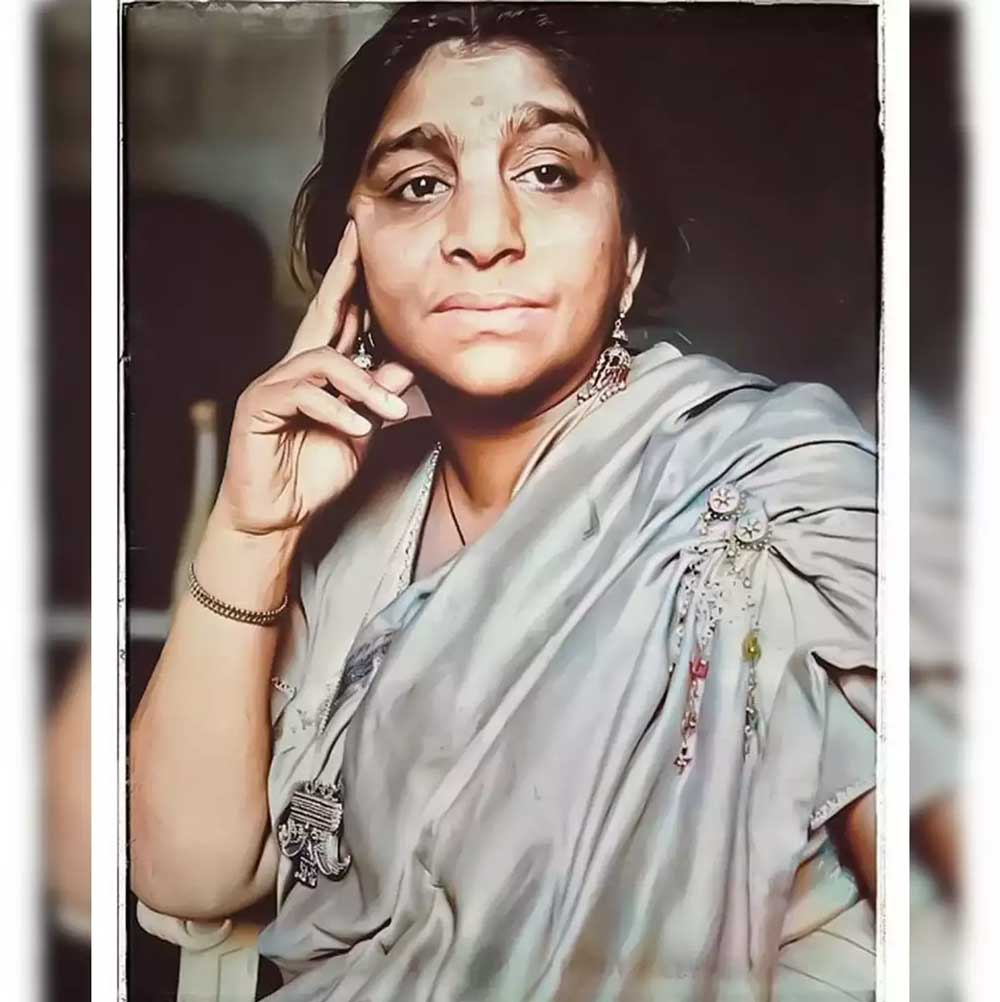
Sarojini Naidu | Image Source: etimg.com, Lead Image Source: firstpost.com
Indian women were not mere participants; they were leaders in the fight for independence. Sarojini Naidu, famously known as the "Nightingale of India," was a key figure in the Indian National Congress and one of the first women to hold a prominent leadership position. Her eloquent speeches and poetry inspired millions to join the cause. Another towering leader was Aruna Asaf Ali, who hoisted the Indian National Congress flag at the Gowalia Tank Maidan during the Quit India Movement in 1942, becoming a symbol of defiance against British rule. These women, along with many others, led by example, proving that the fight for independence was not just a man’s battle but a collective effort.
Activism
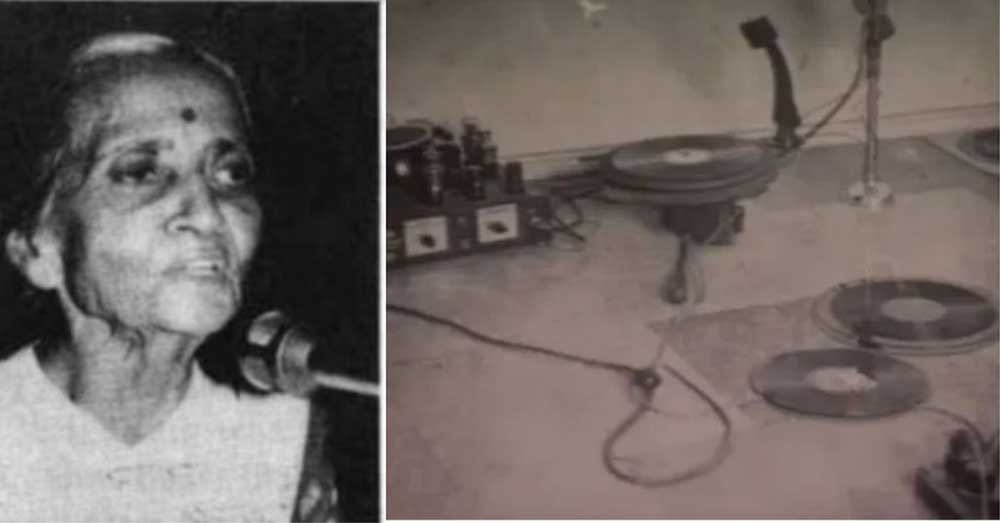
Usha Mehta and her radio equipment | Image Source: iasexpress.net
The non-cooperation movement and civil disobedience were not just words in history books; they were brought to life by the activism of countless women. Usha Mehta, a Gandhian and freedom fighter, was instrumental in setting up the Congress Radio, an underground radio station that broadcasted messages of resistance during the Quit India Movement. This act of defiance kept the spirit of the movement alive even when many leaders were imprisoned. Women like Kamaladevi Chattopadhyay also played a crucial role in mobilising the masses through activism, organising protests, and advocating for social reforms.
Networks
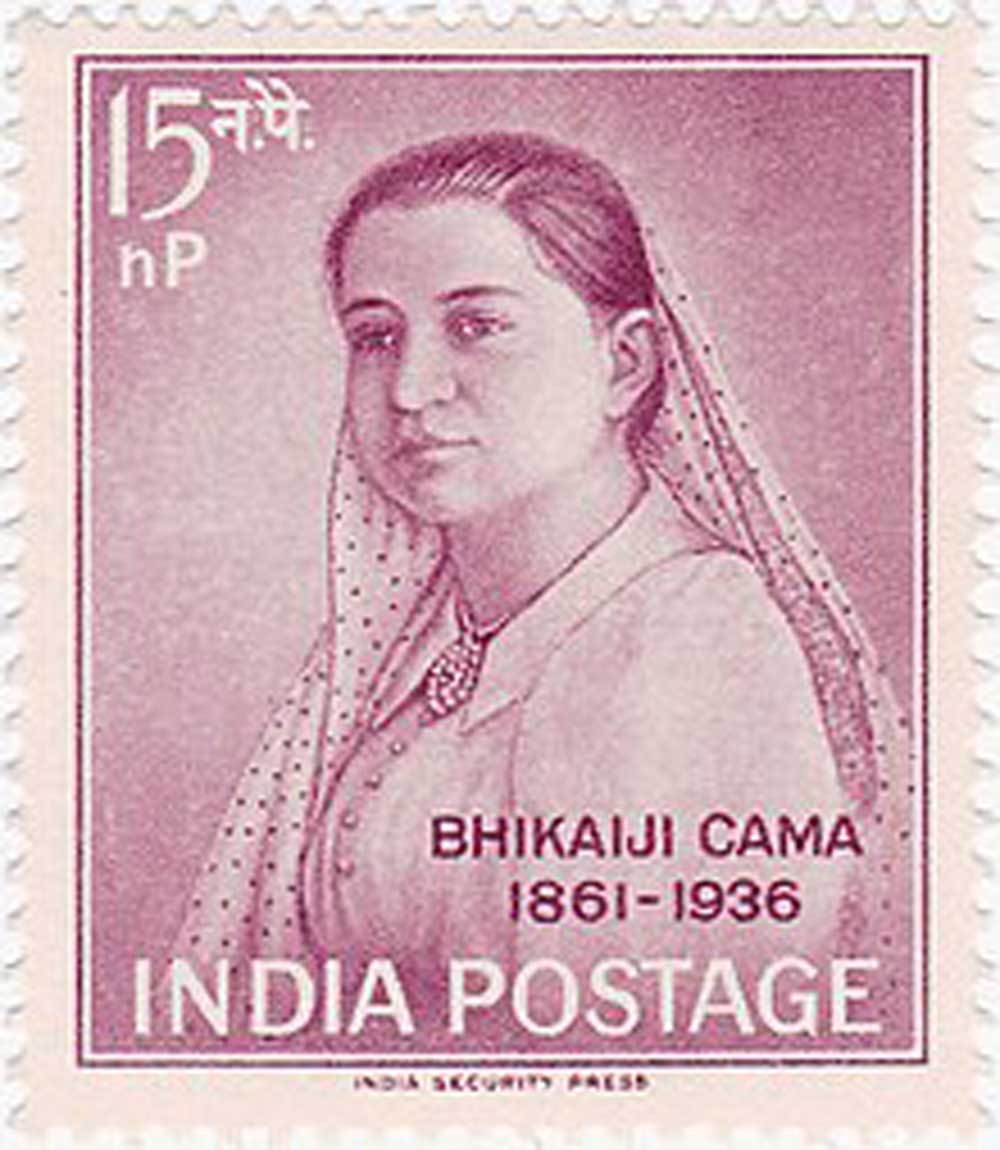
Indian postage featuring Bhikaji Cama | Image Source: etimg.com, Lead Image Source: firstpost.com
While some women were in the spotlight, others operated behind the scenes, running underground networks that were vital to the freedom struggle. These networks were often used to disseminate information, transport supplies, and shelter revolutionaries. Women like Bhikaji Cama, who was based in Europe, were instrumental in internationalising the Indian struggle and garnering support from the global community. These networks were the lifeblood of the resistance, and women were at the forefront, ensuring their smooth operation.
Support Roles
Women also provided essential support roles that kept the movement going. From providing financial support to organizing shelters and first aid for wounded activists, their contributions were multifaceted. Kasturba Gandhi not only supported Mahatma Gandhi but also played an active role in the movement, participating in protests and leading the women’s wing of various campaigns. The women of India’s freedom movement were the backbone of the struggle, offering both moral and logistical support to their male counterparts.
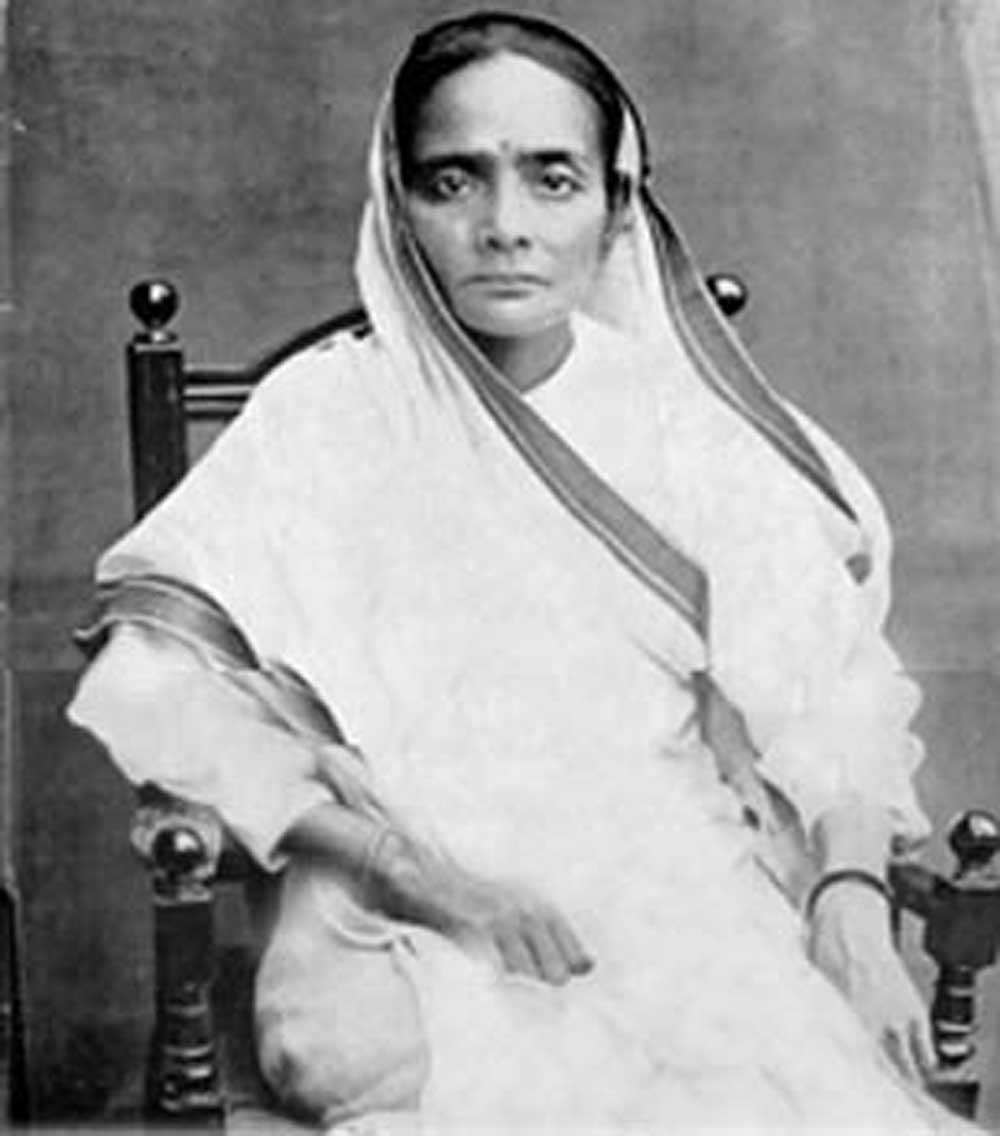
Kasturba Gandhi | Image Source: Wikimedia.org
Cultural Influence
Beyond activism and leadership, women also used cultural platforms to influence the freedom movement. Through songs, literature, and theatre, they spread the message of independence to the masses. Many women writers and poets used their work to inspire patriotism and a sense of duty among Indians. The cultural influence of women like Sarojini Naidu and Begum Rokeya played a significant role in keeping the spirit of the movement alive in the hearts of people across the country.
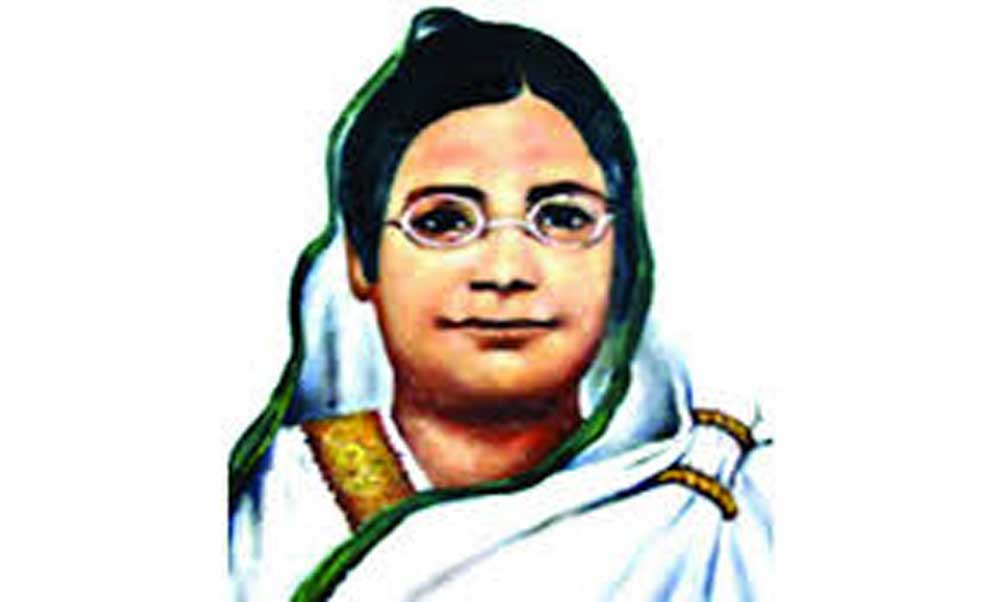
Begum Rokeya | Image Source: bdnews24.com
The contribution of Indian women to the country’s independence movement is vast and varied. They were leaders, activists, supporters, and cultural influencers who shaped the direction and intensity of the struggle. Their efforts ensured that the fight for freedom was inclusive, bringing together men and women from all walks of life. As we remember the heroes of India's independence, it is essential to recognize and celebrate the monumental role played by these extraordinary women. Their legacy continues to inspire generations, reminding us that the fight for justice and equality is a collective effort, where every voice matters.